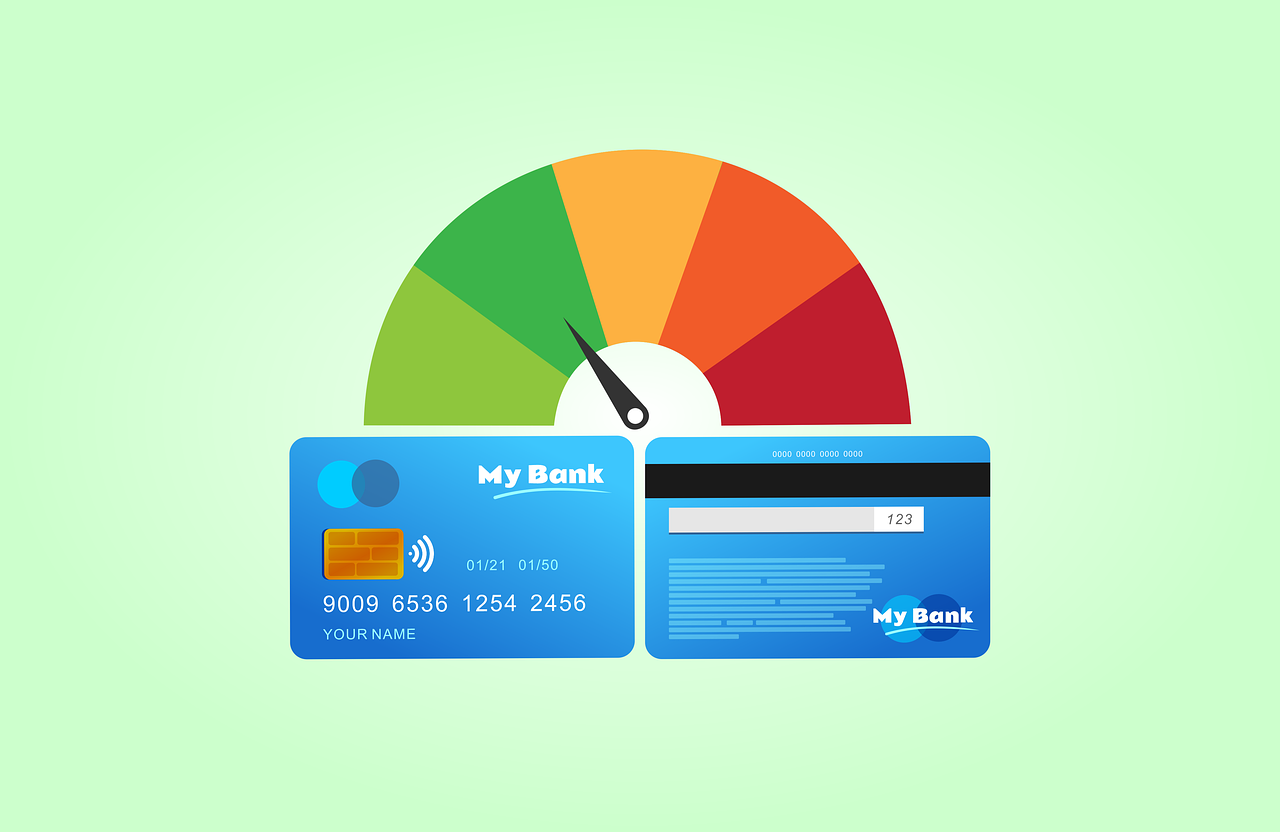Last Updated on Dec 10, 2021 by James W
As a businessman, if you need additional capitalization and a shortage of cash lying around, you’ll need to go through different channels to secure the necessary investment to ensure that your business will prosper. But, first, you have to look for potential partners to grow your business and keep it as profitable as possible.
A diligent businessperson will also be wary of dealing with unscrupulous loan sharks who can charge high interest rates as it will impinge on the viability of the business. They know that their credit score reflects their ability to repay debts, and if it dives, it will make it difficult to secure necessary finances to keep their businesses afloat. The good news is that it is now possible for business people with a poor credit score to secure business loans for bad credit at competitive terms.
This article will provide business owners with some tips to improve their credit score and boost their chances of securing a line of credit that will help them expand their enterprise quickly. So, read on and find out how you can significantly improve your credit score efficiently.
Pay your bills on time
Your payment history is the most significant consideration when computing your credit score. If you regularly miss a scheduled payment, it will not reflect well on your ability to repay debt. This will, in turn, affect your credit score. So, if you carry credit from different creditors, make sure that you pay at least the minimum required amount monthly to boost your score.
Pay your debts in advance
One way to boost your rating is to pay more than once a month on the same credit account. While it may be considered a micropayment, it still is payment in advance, reflecting your standing well. You may have to do this regularly to create a discernible pattern, but this will help your case.
Contact your creditors
If you find yourself about to miss a scheduled payment, it will be best to contact the creditor immediately to set up a possible payment plan. This will allow them the opportunity to recompute your balance and provide you with a more amenable term that’s going to suit your ability to repay them.
Pay your big loans first
Prioritize your regular payments and make sure to pay off the biggest loans first. This will help improve your score as it will reduce your credit utilization. It will also help a lot as the faster you pay off the most considerable debts on your list, you can then use the allocation to pay off the next one on your list.
Become an authorized user
Should you have a friend or relative with a good credit score and they’re not in danger of missing payments any time soon, ask if they can accommodate you as an authorized user. If they agree, this will also reflect on your credit file, and you’re on your way to improving your status as a responsible borrower.
Be ready to dispute erroneous credit reports
This is the reason why you have to scrutinize any credit card report you receive from your creditors. In the chance that they make a clerical error, you have to be ready to dispute it with your reconciliation. They might invariably be dragging your score down because of the mistake they’ve committed. Check the payment dates and amounts religiously and file a dispute as necessary.
Don’t open or close too many credit cards quickly
Opening new credit cards quickly over a short period is a red flag for debt evaluators, so avoid it if you can. Also, if you can help it, keep the older credit cards open because it will show your credit history even better, especially if you have a good record.
Conclusion
Improving your credit score isn’t an overnight job – it usually takes about six months to establish a pattern that’s acceptable to evaluators. However, continue being financially responsible, and you’ll see your credit score get a boost, and it will help your standing should you need immediate financial leveraging.




